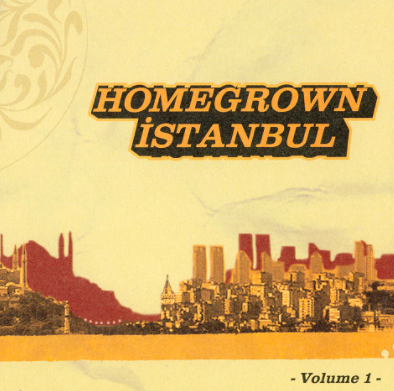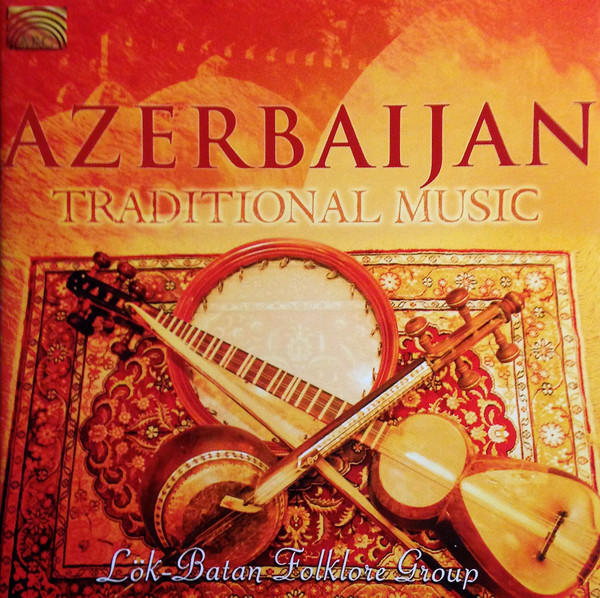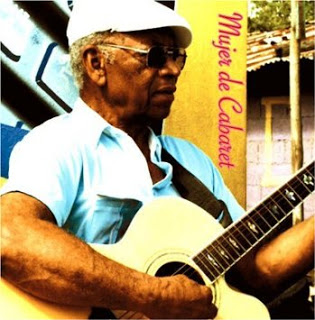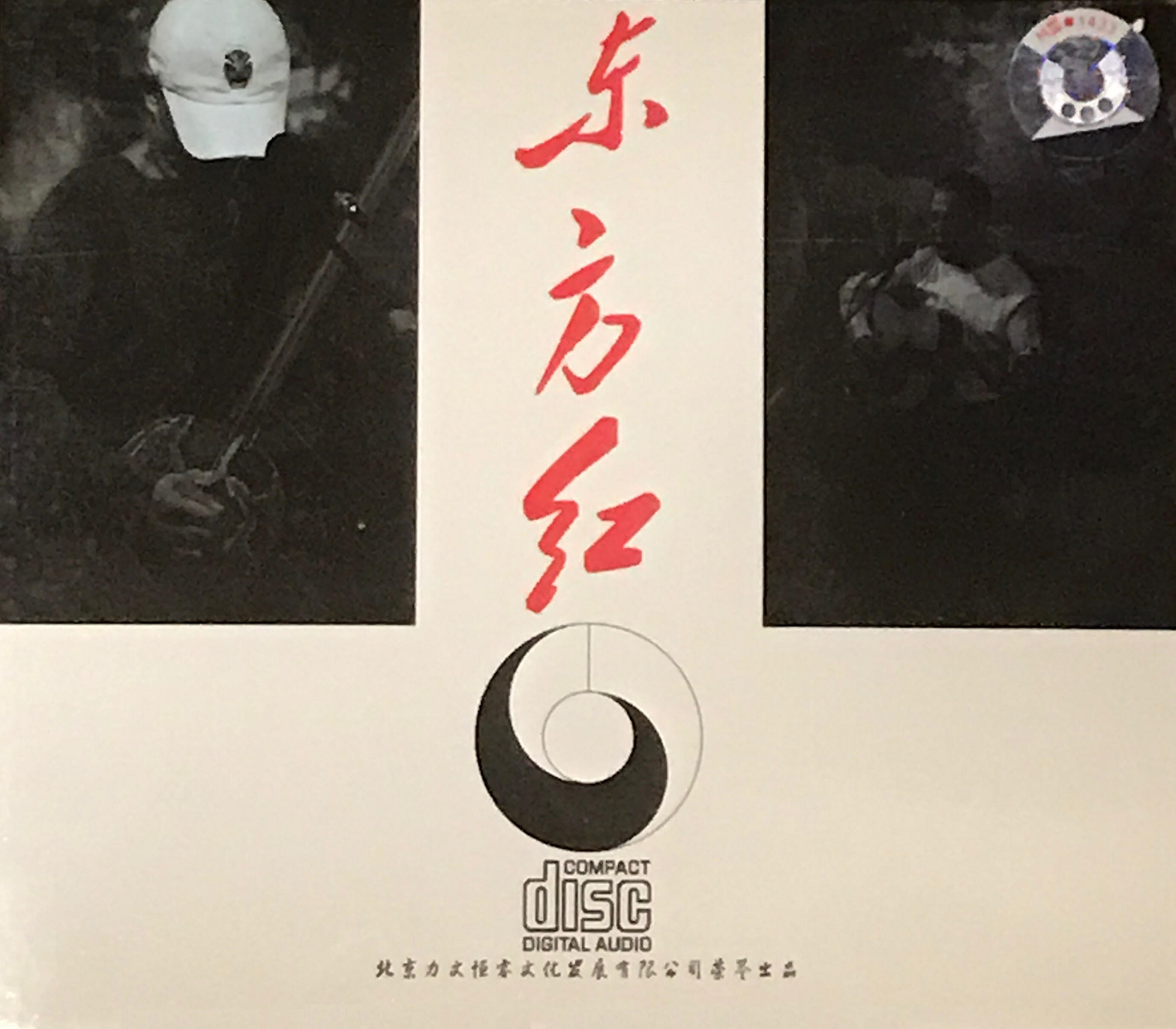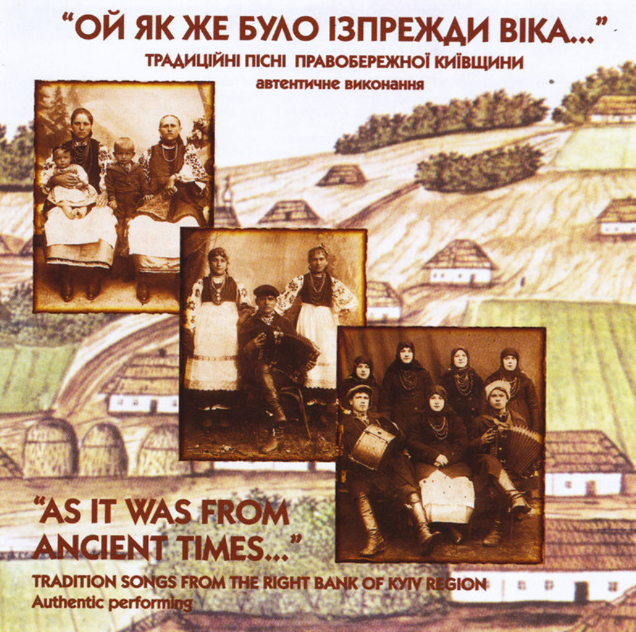
“As It Was in Ancient Times” (2007) – Village People Folk Band * Traditional * LP: As It Was from Ancient Times
Now more familiar in Ukraine as a carol, “As It Was in Ancient Times,” true to the title, goes back to early pre-Christian days. It’s a solemn cosmogony song, speculating on how things got started. It frames the singers observing the blue waters and nearby fires, and deciding that the only way they are to create anything is to send someone down to the ocean floor, to gather the yellow sand, and to sprinkle it outward to bring us flowers and stars.
In the Christian era, it’s St. Peter who is given that particular assignment, and that’s the version we hear on this recent, ancient-sounding recording. The refrain “Oj Daj Bo’ ” is an entreaty to God, which likely appeared in the earliest versions. A word about locality to enhance these perspective-bound thoughts on deity, distance and time: The album cover specifies the music as coming from the right bank of Kiev which, on a map, is the West side.

